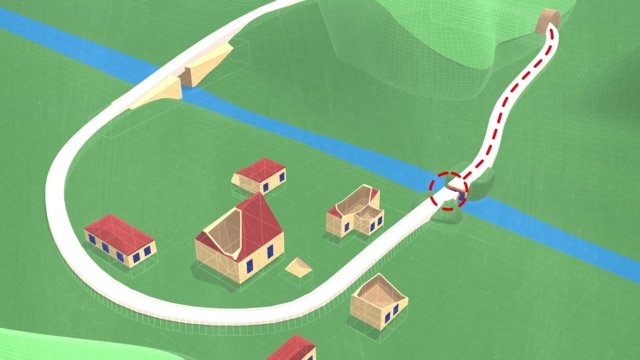There is an urgent need to integrate hazard assessment and disaster risk management into strategic planning and sustainable development. Our exposure and vulnerability to extreme events - including both natural and human-induced hazards - continue to increase. Worldwide the impact of disasters is rapidly growing. However, many countries and development agencies so far do not consider hazard and disaster risk in development planning, and lack sufficient strategies to plan, assess, prevent or mitigate the effects of extreme events.
Major projects
Research
At ITC, we focus on fundamental and problem-solving research where spatial information can make a real difference. Our scientific staff en PhD candidates in the field of disaster risk management research topics such as disaster risk reduction, damage mapping using UAV’s and post-disaster recovery assessment.
Education
ITC is known to be one of the top institutes worldwide in the field of Geo-information science and earth observation. At ITC, we train students to engineer approaches for designing future-oriented solutions to the world's biggest challenges. We encourage our students to participate in public-private partnership projects initiated by ITC and other organizations.


